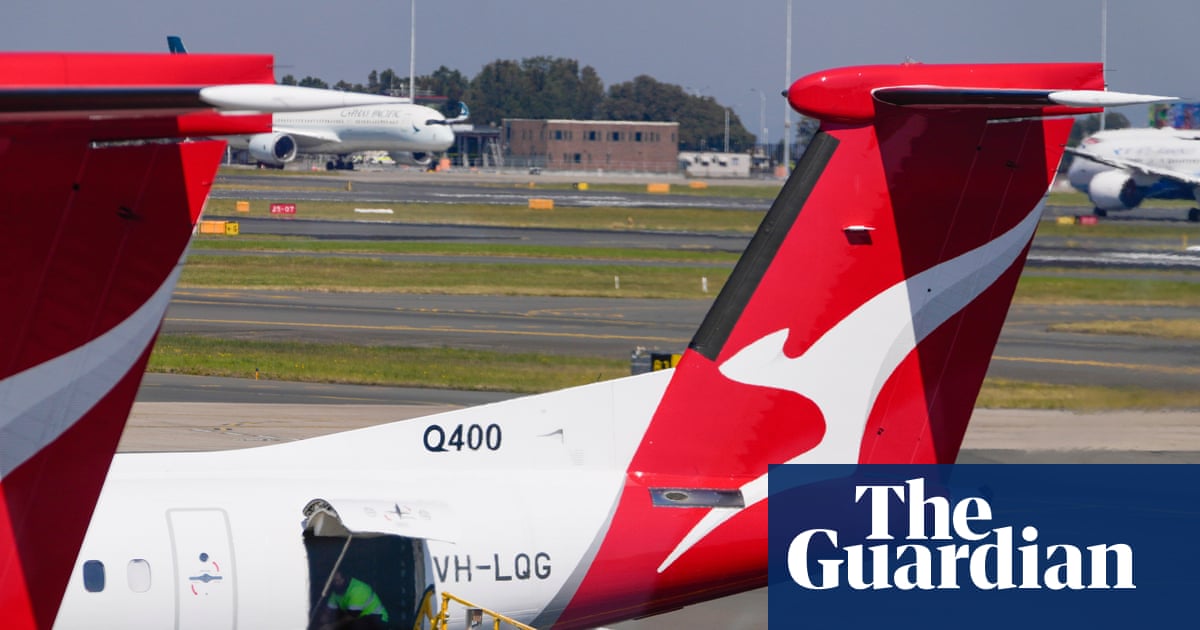
A Dark Day in Australian Corporate History
In a landmark ruling, Qantas, Australia’s flagship airline, has been fined a record $90 million for illegally firing 1,820 ground staff during the COVID-19 lockdowns in 2020. This historic moment has ignited widespread conversations about corporate accountability and workers’ rights.
Justice Michael Lee of the Sydney Federal Court described Qantas as engaging in “performative remorse” rather than genuine contrition. The penalty, which is slightly less than 75% of the maximum fine, underscores the seriousness of the airline’s misconduct in outsourcing roles as a way to cripple union bargaining power.
The Context Behind the Penalty
The decision comes nine months after Qantas and the Transport Workers’ Union (TWU) agreed on a $120 million compensation payout to the affected workers. Justice Lee stated that $50 million of the $90 million penalty would go directly to the TWU, further empowering unions to enforce workplace protections under the Fair Work Act. The remaining $40 million allocation remains under deliberation.
“This penalty sends a strong warning to well-resourced employers: breaches of the Fair Work Act will result in significant financial consequences,” Justice Lee remarked.
What Went Wrong at Qantas?
The legal battle was fraught with controversy, particularly surrounding the role of former Qantas CEO Alan Joyce in the outsourcing decision. Justice Lee criticized the airline’s opaque decision-making process and attempts to “spin” its public narrative through press releases. Current CEO Vanessa Hudson also faced scrutiny for failing to testify in court despite her critical involvement as the airline’s Chief Financial Officer during the period.
Although Qantas cited financial pressures due to the pandemic as a reason for outsourcing baggage handlers and ground staff, the court found the decision unlawful and motivated by anti-union sentiments. The High Court ultimately upheld this ruling, rejecting Qantas’ appeals.
A Hard Road for Former Staff
For those affected, the road to recovery remains challenging. Many former staff members, aged 50 and above, have struggled to secure new employment. Anne Guirguis, a former aircraft cleaner, and Don Dixon, a long-time baggage handler, expressed relief over the penalty but highlighted the lasting economic and emotional damage caused.
“We sincerely apologize to each and every one of the affected employees and their families,” Qantas CEO Vanessa Hudson stated. “We are committed to earning back the trust we’ve lost as we work to improve our company culture.”
The Bigger Picture: A Warning and a Lesson
The consequence of Qantas’ actions extends beyond this record financial penalty. The airline’s reputation—a once-celebrated mark of Australian excellence—has taken a significant hit. In a year that saw Qantas reporting record profits of $2.47 billion in 2023, the question remains whether monetary penalties alone are enough to deter corporations from prioritizing cost-cutting over ethical decision-making.
Michael Kaine, TWU’s national secretary, hailed the outcome as a “David and Goliath” victory, describing it as the most significant industrial ruling in Australia’s history. While $50 million will strengthen the union’s resources, Kaine emphasized that the remaining $40 million should be allocated to directly support the affected workers.
How Corporate Misconduct Affects Society
Qantas’ conduct serves as a stark reminder of the human cost of corporate decision-making. For businesses across industries, this case sets an example of the legal and financial responsibility employers must shoulder when they break labor laws.
Support Affected Workers
As we reflect on this monumental case, it’s worth considering how companies can better support their employees and foster long-term trust. Products designed to alleviate workplace stress and improve well-being, such as Kiehl’s Stress Relief Moisturizing Lotion, can provide some relief for those navigating stressful career transitions.






